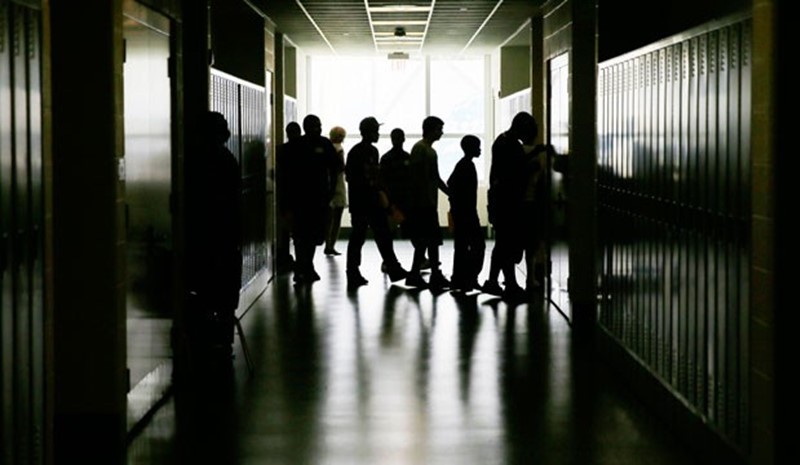
Washington, D.C. — Across the nation, only 63 percent of U.S. public schools have a full-time guidance counselor, according to a new analysis released today by the Center for American Progress. The issue brief also found that only 22 percent of public schools reported employing a full-time psychologist and just 18 percent have a full-time social worker.
CAP’s research brief contains—for the first time ever—state-level data on the presence of counselors, psychologists, and social workers in public schools. The figures reveal an alarming shortage of these support services staff but with significant variation by state. In Illinois, for instance, just 37 percent of public schools have a full-time counselor. In California, only 1 percent of the state’s schools have a full-time social worker. The analysis is based on data provided by the National Center for Education Statistics for the 2011-12 school year, the most recent data available.
“The numbers are sobering,” says Perpetual Baffour, Research Assistant for Education Policy at CAP and author of the brief. “When millions of children live in poverty, experience physical or sexual abuse, witness tragedy in their communities, lose a parent to incarceration, and/or lack access to safe and clean drinking water, it should be no surprise when they experience challenges in the classroom. Children cannot learn when they lack adequate and meaningful supports for their well-being.”
The CAP analysis also explored the deeply troubling relationship between the low levels of counseling supports in public schools and the high use of exclusionary discipline against students of color. For instance, the analysis found that Wisconsin suspended more than one-quarter of its black students in the 2011-12 school year, yet only 59 percent of the state’s schools reported employing a full-time counselor. Alabama suspended almost 20 percent of its black students in the 2011-12 school year, while less than 1 percent of the state’s schools reported employing a full-time psychologist.
Trauma is a silent epidemic among children of color, but children of color are less likely to receive mental health care or counseling when in need. While school safety and discipline are legitimate concerns, the report calls for thoughtful policies that recognize these students’ lived realities and their humanity.
The issue brief offers three key policy recommendations for how public schools can create positive interventions for vulnerable children of color and create safe, welcoming spaces for all students to learn.
These recommendations include:
Increase the funding priority for school-based counseling and mental health programs
Develop culturally responsive policies for emotional and behavioral supports
Implement a restorative—not punitive—approach to school discipline.
Click here to read the full brief.


